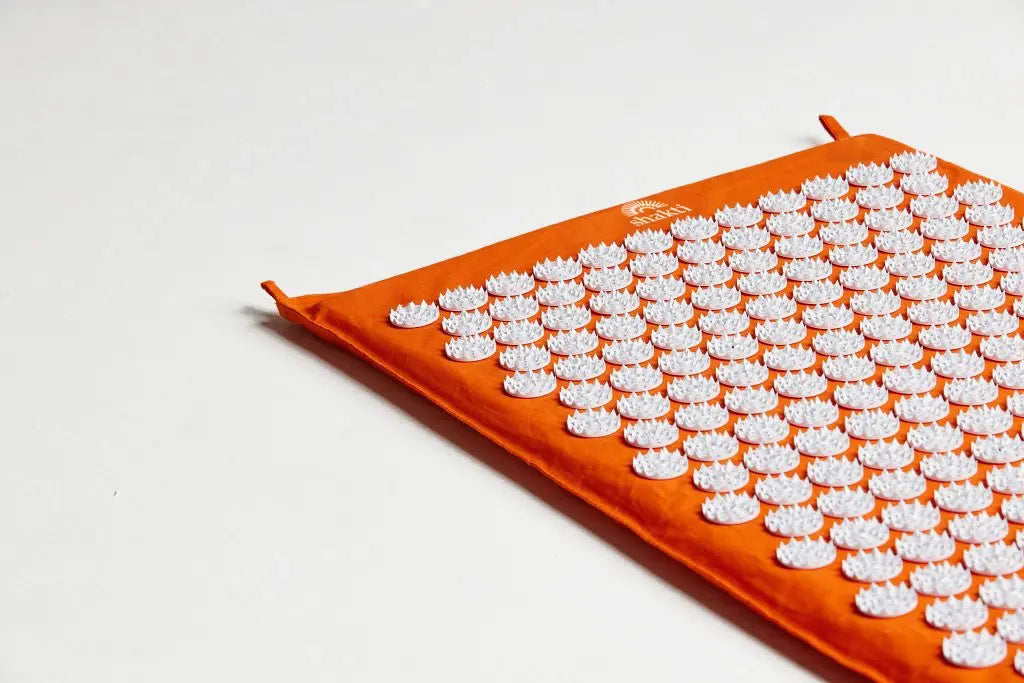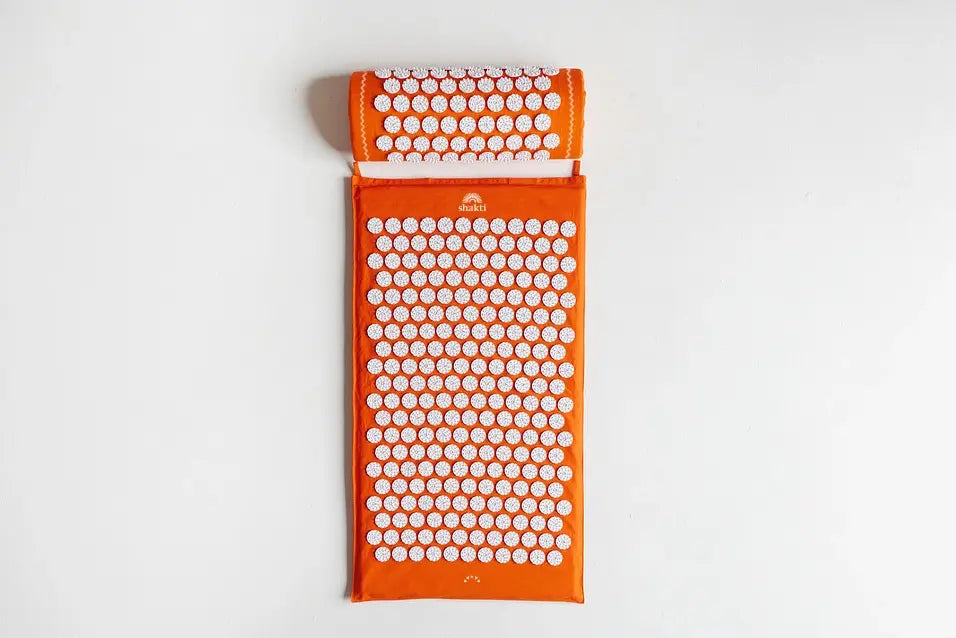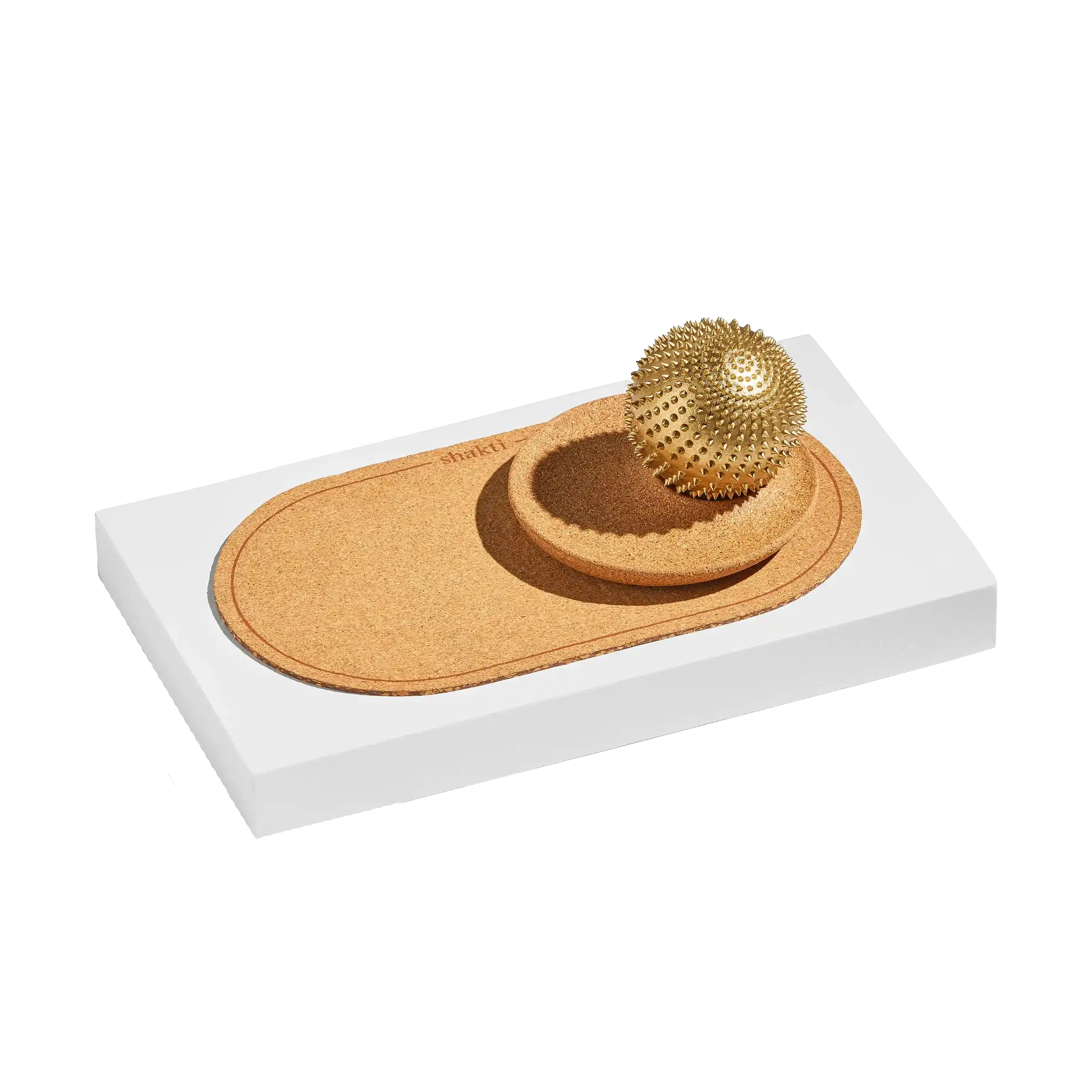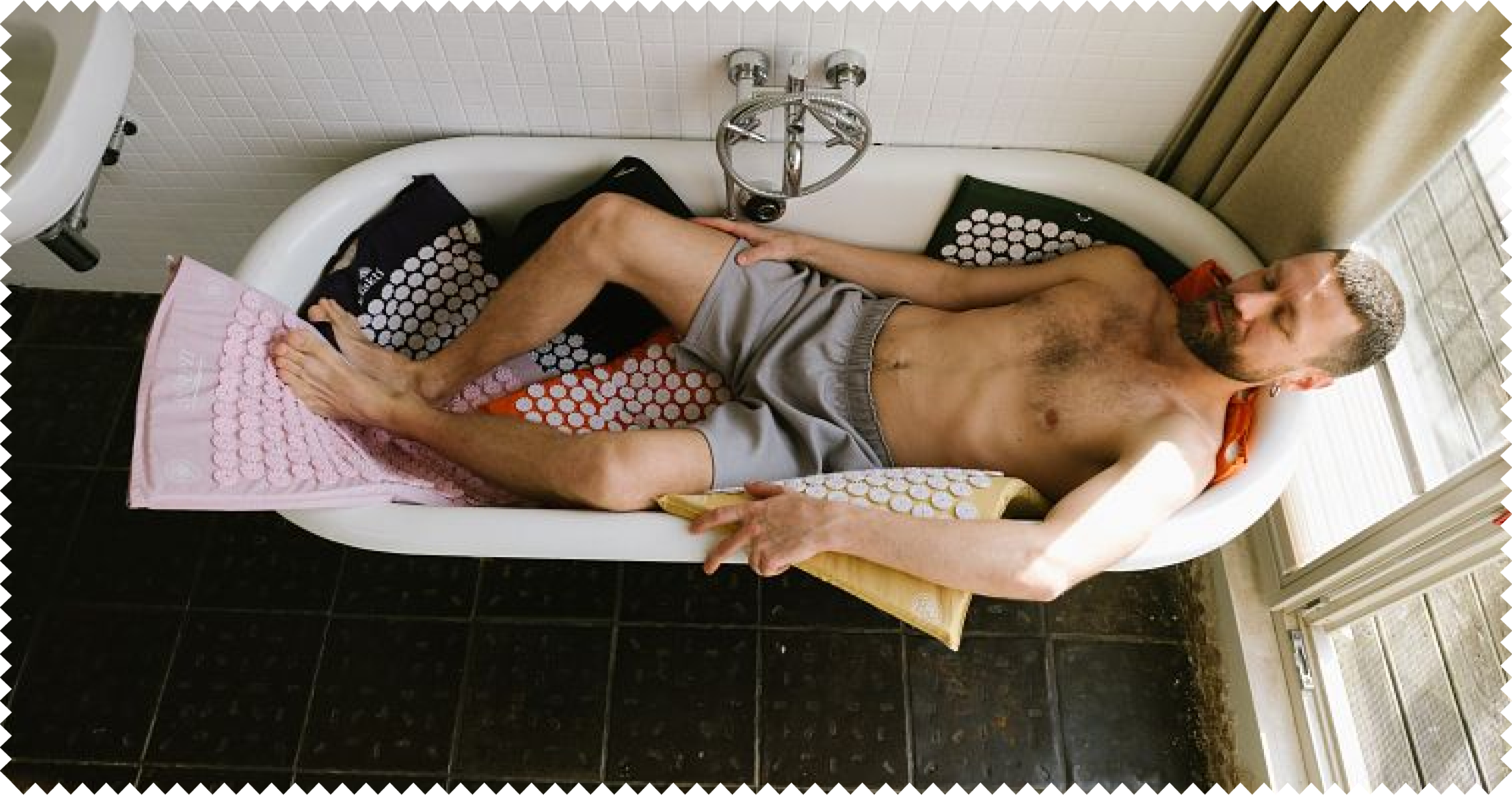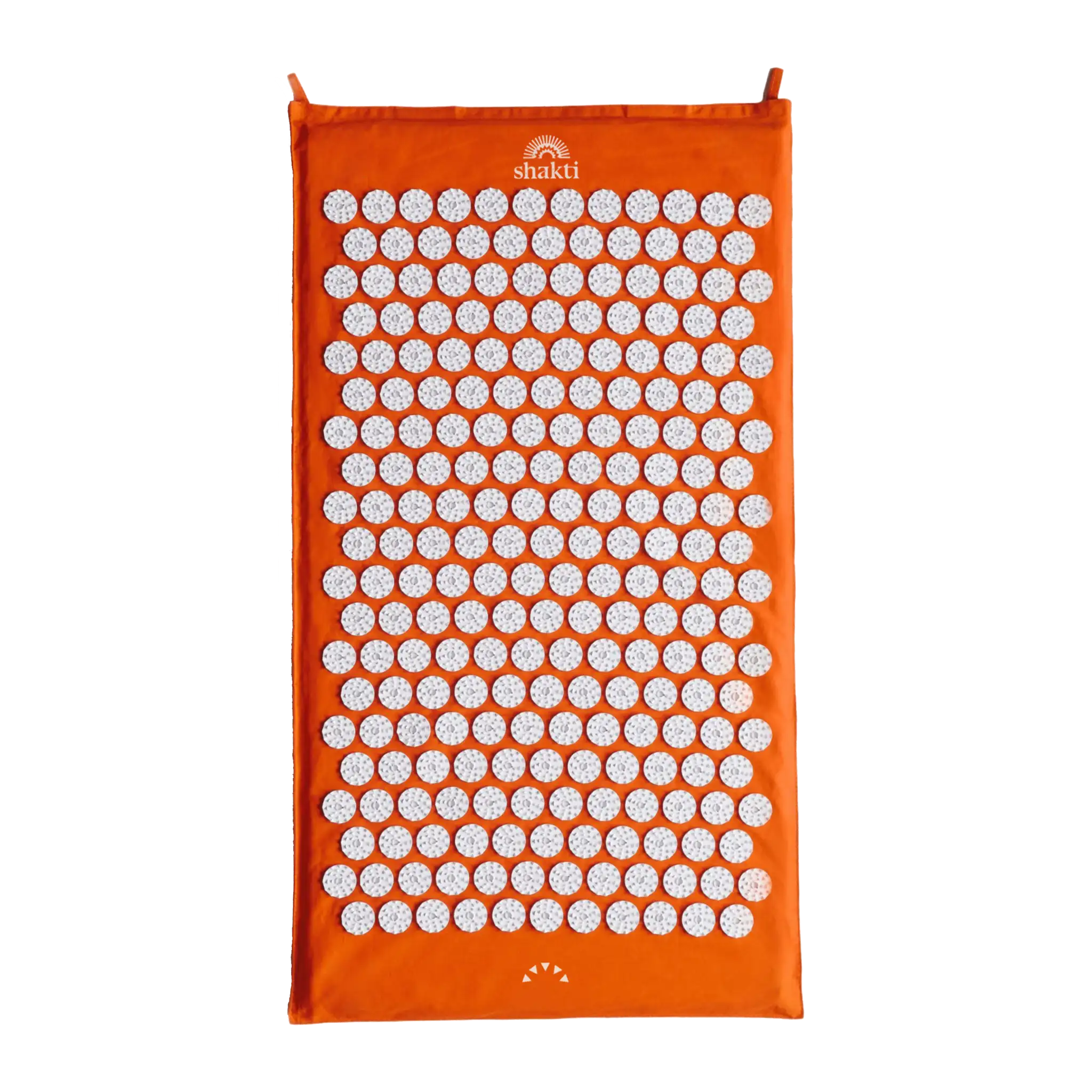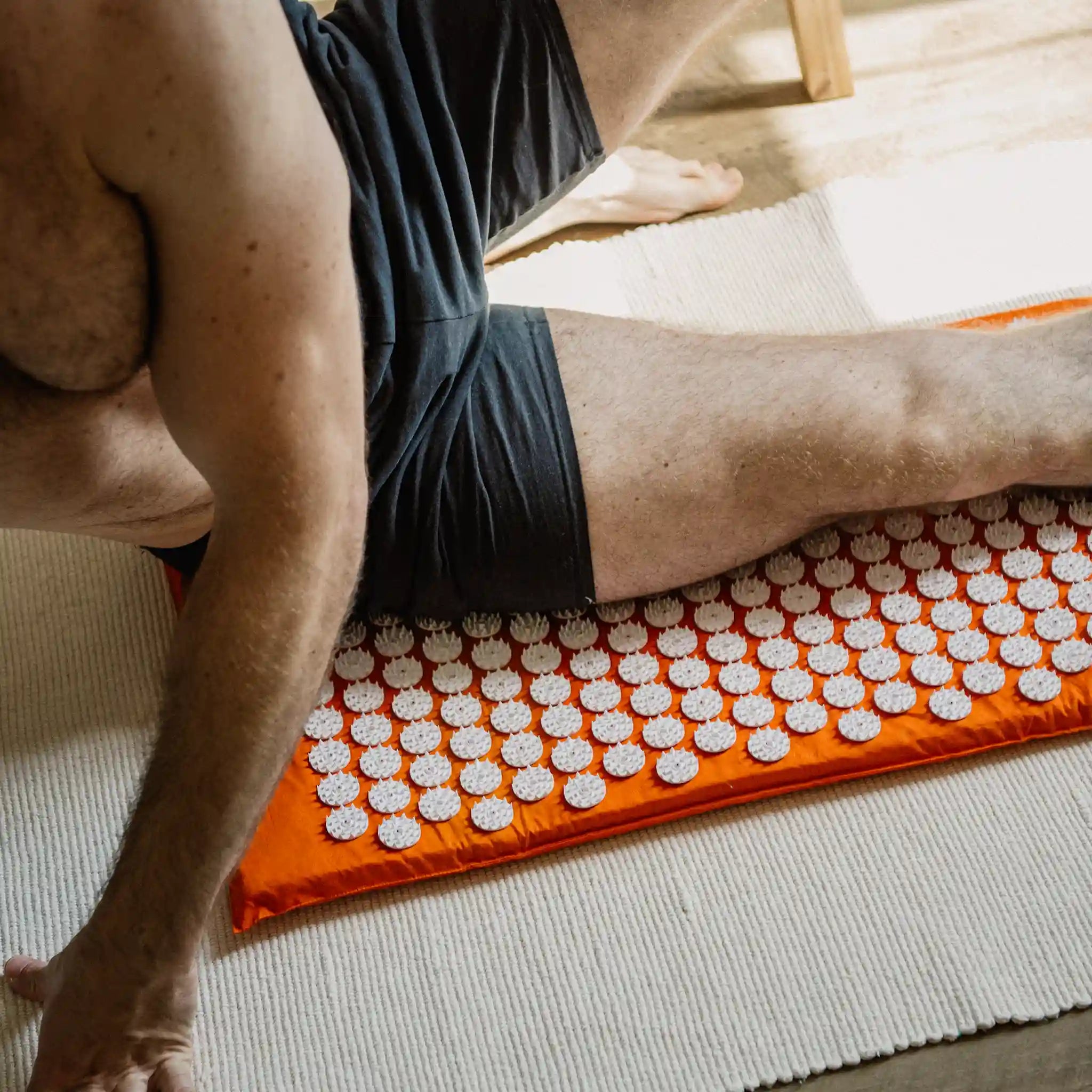Life today is often characterized by stress, hectic pace and pressure to perform.
There is hardly any room for self-care - sometimes people who pay attention to their physical, emotional and mental needs are even labeled as selfish. However, the fact is that self-care has a decisive influence on personal well-being and happiness, as it includes a balanced diet, sufficient exercise and sleep, as well as elements of stress management and targeted relaxation techniques. In this blog article, we would like to explain the importance of self-care and give you helpful tips on how to do more good for yourself in everyday life.
Self-care: a definition
Under self-care is the approach of proactively looking after your physical, emotional, mental and social needs.
It encompasses all those actions and decisions that contribute to maintaining and sustainably promoting your well-being. Taking care of yourself is an important aspect of preventive healthcare and has been shown to play a role in overcoming everyday challenges such as stress or relationship problems.
For example, a study conducted by Sirois, Kitner and Hirsch in 2015 showed that self-compassion has a positive effect on health-promoting behaviors.
Advantages of Self Care
From a psychological perspective, self-care is very important because it is closely linked to key aspects such as self-esteem, self-awareness and self-acceptance. By giving yourself time and attention, you signal that you are valuable and important. This in turn strengthens your self-confidence and the feeling that you value yourself.
Practicing self-care as part of your daily life can positively impact the following areas:
-
Physical health
Self-care supports physical vitality through a healthy diet, sufficient exercise and sleep or relaxation techniques. -
Mental health
Taking care of yourself helps you to cope better with stress and anxiety - because you take time for the essentials and pay more attention to your subconscious. -
Self-esteem and self-acceptance
Engaging with yourself results in an understanding of your own needs. It can also improve your ability to set boundaries and protect yourself. -
Relationships
Good self-care has a positive effect on relationships with other people, as it brings emotional stability and promotes empathy. -
Quality of life
By taking care of themselves, people come closer to achieving a balance between work, leisure and personal development.
Lack of self-care and its possible effects
Breaks are only for weak people. You can recover when you are dead.
These and other social beliefs are firmly anchored in people's minds. However, forgetting to look after yourself can lead to long-term physical, mental and emotional complaints. For example, an unhealthy diet or insufficient exercise can weaken the immune system, making it easier for infections to take hold. Unresolved stress and anxiety further exacerbate this dilemma - and in the worst case, lead to a state of emotional, physical and mental exhaustion (burnout). Relationships can also suffer from a lack of self-care: If you don't treat yourself well or don't value yourself, you will also find it difficult to do so in relation to others.
How to integrate self-care into your everyday life
A 10-day beach vacation in the south and everything is fine again? Unfortunately, taking care of yourself is not that simple. If you treat yourself badly for the remaining 355 days of the year and ignore your needs, the energy you gather during those 10 days by the sea will be used up in no time.
Instead, you should integrate the elements of self-care into your life as an integral part of it - true to the motto "Miracles happen in everyday life".
How do I find myself? Promoting inner balance and mindfulness
The first step in learning self-care is to understand yourself and be mindful of your body, mind and environment. This happens primarily by stopping more often, consciously taking time for self-reflection and literally "listening within". Here are some important methods to sensitize your antennae for your inner messages and thus create the basis for more self-care.
-
Meditation
The practice of meditationwhether through guided audio meditations or your own exercises, is a perfect way to calm your mind and focus on the here and now. If you meditate regularly, you increase your self-awareness and can recognize your needs more easily. -
Journaling
Keeping a diary is trendy - and not for nothing! By recording and describing your thoughts, feelings and experiences, you gradually gain the ability to perceive your inner self as it is. This is an important prerequisite for learning and practising self-care. -
Get out into nature
Spend as much time as possible in nature. Whether it's a walk through the forest or a picnic by a stream, you can reduce stress in the open air and have the space and undisturbed atmosphere to connect with yourself. -
Live out your creativity
Creative hobbies such as painting, writing, dancing or making music are an excellent way of expressing yourself, getting to know your soul and body, feeling and channeling your feelings and emotions. As a result, you automatically develop a better understanding of yourself. -
Mindfulness exercises
The term mindfulness was coined by Buddhism in particular. It involves focusing completely on the present moment in order to calm the mind and achieve clarity. Mindfulness exercises are easy to integrate into everyday life: Notice every little moment consciously and with all your senses - be it the aromatic scent, the pleasant warmth and tangy taste of your morning coffee or the placement of your feet and the texture of the ground as you walk. The more mindful you are, the more receptive you become to the needs of your body and soul. -
Maintain (good) social connections
Communicate regularly with friends and family members. They can give you support or motivate you. By sharing their impressions, they also open up ways for you to get to know yourself better and inspire you to take more care of yourself.

Examples of everyday self-care rituals.
Now that you know how to heighten your awareness of your needs and find inner balance, you can actively practice self-care in your everyday life.
Rituals - small actions in which you are in the here and now, take care of yourself and promote your well-being - can help you do this.
The following self-care ideas are great for incorporating into your daily life:
Morning Routine
A good start is half the battle! Start your day with a fixed morning routine that suits you and in which you focus completely on yourself. Take small steps, especially at the beginning. A short morning meditation of 5 minutes, writing down three things you are grateful for and enjoying a cup of tea with all your senses can already be enough. The important thing is that you always start your day with this routine. Additional tip: Cell phone, social media, news and co. have a break until your morning ritual is completed!
Healthy diet
A healthy, balanced diet is an essential part of a life of self-care. It's best to think about what you want to eat the next day the night before and find out which foods are good for you. It is also important that you take time to consciously enjoy and notice your meals.
Movement
Get more exercise in your daily life. Keeping your body moving lowers your stress levels while boosting your well-being and self-confidence. Choose the type of exercise that suits your preferences - whether it's a few yoga exercises, a workout or a walk through the city park.
Give yourself breaks
To relax your body and refresh your mind, incorporate small breaks throughout the day - for example, a short meditation, a walk around the block, reading in a book, or listening to your favorite music.
Relaxation
Make a resolution to practise a relaxation technique once a day. The best time to do this is during the so-called "transition phases", for example when you leave work for the evening. Short meditation or autogenic training sessions of around 10 to 15 minutes are perfectly sufficient for this. Choose a quiet place where you can switch off. For extra relaxation, you can lie down on an acupressure mat during the exercise. acupressure mat during the exercise: By gently activating the acupressure points, the energy flow in your body is also harmonized.
Bedtime Routine
Just like in the morning, it's also a good idea to establish a routine before going to bed. For example, you can read a chapter in a book, listen to a guided meditation, or review the day in a few lines.
Hobbies and interests
Try to regularly incorporate activities into your everyday life that you enjoy. A hobby is something you usually do passionately and in a relaxed way, and it is probably one of the most important elements of caring for yourself.
Additional tip: Create a personal self-care plan in which you record your activities and routines. You can design the plan according to your taste and hang it up in a central place in your home. In this way, it will constantly remind you to integrate the points listed in it into your everyday life.
6 practical self-care exercises
Need some more guidance to learn self-care and internalize it more each day? Our 6 self-care exercises you can implement immediately and without prior knowledge.
-
Exercise 1: Affirmations
Positive affirmations are affirming sentences that boost your self-confidence and help you to dissolve negative beliefs - such as "I am enough", "I love and accept myself as I am" or "I deserve happiness and well-being". Write the sentence of your choice on a piece of paper and stick it on the fridge. You can also say the sentence out loud and pay close attention to the positive feelings it triggers in you. -
Exercise 2: Self-compassion
Self-compassion is closely linked to self-care. For this exercise, close your eyes and think of a situation in which you have criticized or mistreated yourself. Next, imagine someone close to you is in the same situation. What would you say to him or her? Then turn these loving words and thoughts to yourself. -
Exercise 3: Gratitude
A simple exercise for everyday life is the "gratitude diary". Every evening before you go to bed, write down three things that you are grateful for. These can be "small" things such as the smile of a stranger or the achievement of a to-do. Regularly focusing on positive events and feelings strengthens your appreciation of the world and yourself. -
Exercise 4: The mirror
Stand in front of the mirror in the morning after getting up and look deep into your own eyes. Compliment yourself out loud and express your self-love and self-acceptance, for example "You look wonderfully rested today" or "Your eyes shine like the morning sun". Incidentally, this exercise is perfect as part of your morning routine. -
Exercise 5: Self-acceptance
Sit or lie down comfortably and close your eyes. Mentally go through each part of your body and send warmth to the corresponding region. Accept everything as it is, including subjective weaknesses or faults. Feel how self-acceptance and love spread through your body. -
Exercise 6: Forgiveness
Reflect on past mistakes or situations in which you have reproached yourself. Then write a letter to yourself in which you forgive yourself for these mistakes and assure yourself that you have learned from them and moved on. You can then tear up the letter or burn it in a fireproof bowl.

Motivation and suggestions to get started with self-care and maintain it over the long term
Are you having a major self-care slump? Do you simply lack time, are you under stress or are you not getting anywhere with your plans? This makes it all the more important to practise intensive self-care, because it has nothing to do with selfishness! It is a fundamental prerequisite for a healthy, happy and fulfilling life - which ultimately benefits not only you, but also those around you.
To maintain motivation for self-care in the long term, you should start with small, achievable goals and gradually increase them. This will help you avoid overwhelm or frustration. Set aside fixed times for your routines, as these will make it much easier for you to stick to them. However, also remain flexible and adapt self-care practices to your individual needs and circumstances - especially when major changes are coming.
Celebrate every bit of progress and connect with like-minded people who are also focused on self-care. Shared experiences and support can boost your motivation immensely. Books, podcasts or workshops will serve as additional inspiration and provide ideas for your self-care in everyday life. Last but not least, you should always remind yourself of the reasons why you started caring for yourself and what benefits it brings to your life.
Special case: self-care in social professions
For people working in social professions, self-care is of particular importance: they are often confronted with stressful, emotionally charged situations and are "always there for others."
The following self-care strategies help these people not disregard themselves:
-
Define clear boundaries between work and personal life to maintain a healthy balance and avoid overwork.
-
Seek supervision and collegial advice to address problems or challenges.
-
Regular breaks during the workday and fixed vacation times.
-
Use of stress management strategies such as meditation, breathing exercises, yoga or mindfulness.
-
Deal with own feelings and needs and seek professional support if needed.
-
Observe physical health, exercise, eat healthy and get enough sleep.
-
Exchange with friends, family or colleagues to strengthen each other in difficult times.
-
Professional development to enhance self-care skills and competencies.
Taking care of yourself: Conclusion on self-care
Self-care is an essential part of a healthy and fulfilling life.
It includes various methods and practices to promote physical, emotional and mental well-being - such as mindfulness exercises, meditation, physical exercise, healthy eating, routines and conscious breaks.
The regular practice of self-care has been proven to improve mental and physical health, make it easier to cope with stress and sustainably increase well-being and quality of life.
So always consider self-care as a priority in your everyday life and find the methods that fit your individual ideas. It's the best investment you can make in a future filled with happiness!



